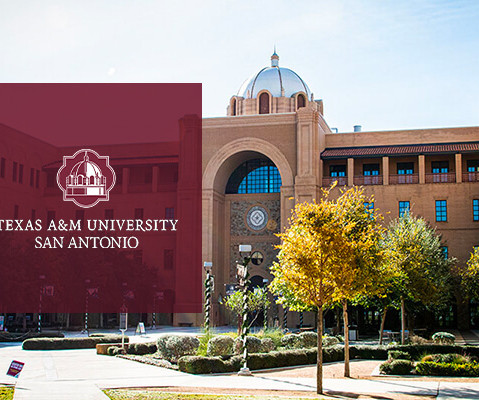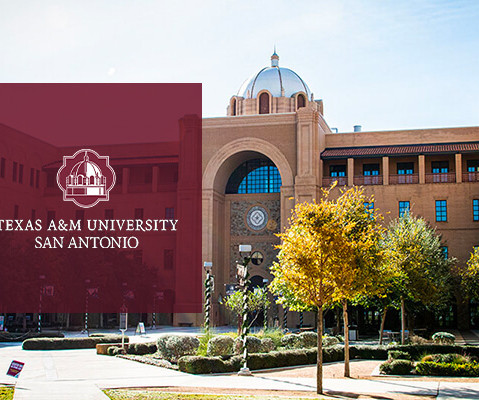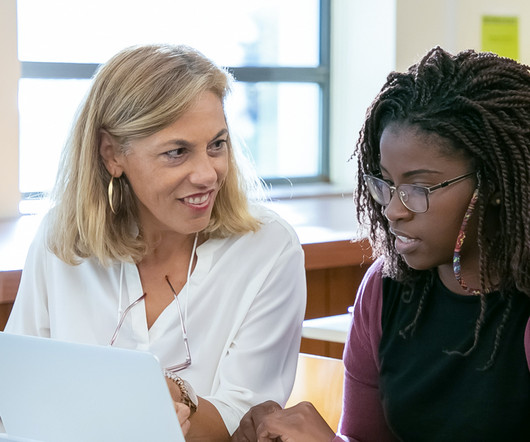New Report A Mixed Bag on Student Engagement with Online Learning
Diverse: Issues in Higher Education
JUNE 6, 2023
Online-only students were about as likely as those who took an in-person class to interact with an academic advisor and to report that an advisor had helped them develop an academic plan. Are we promoting to faculty to schedule time outside the course to meet with individual students to get to know them?”












Let's personalize your content